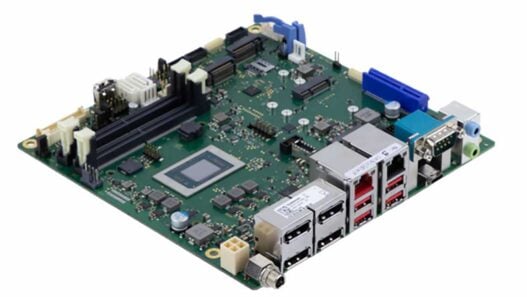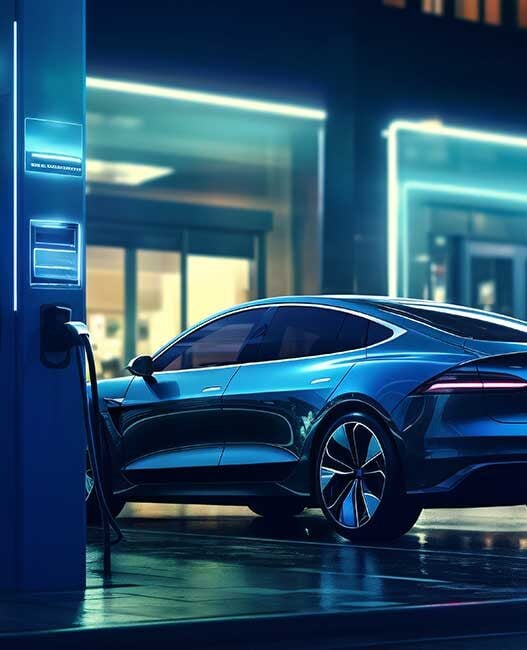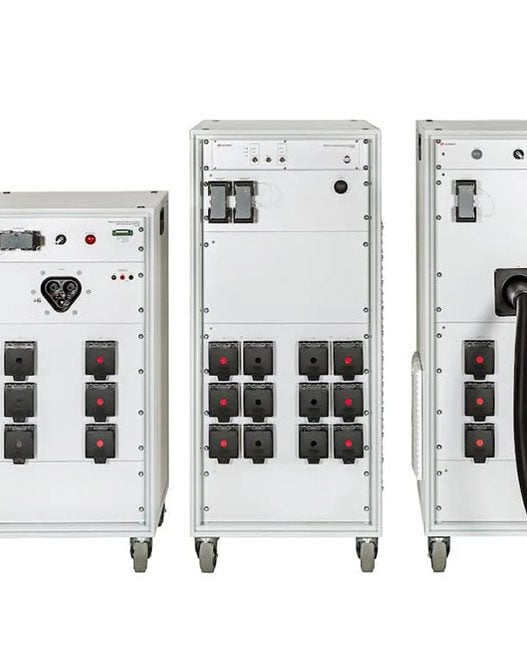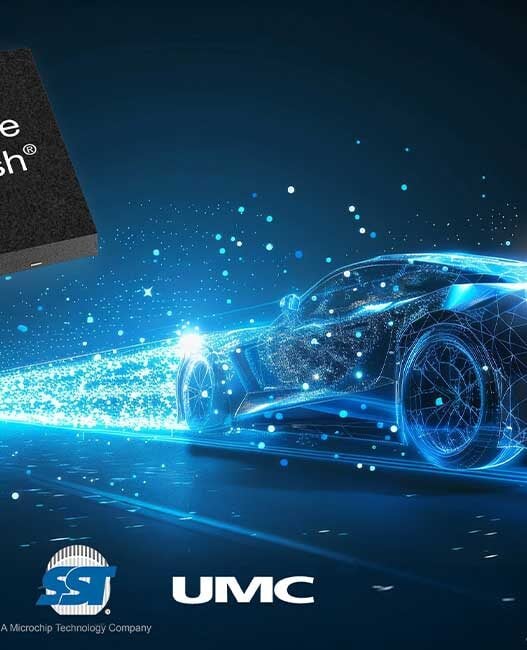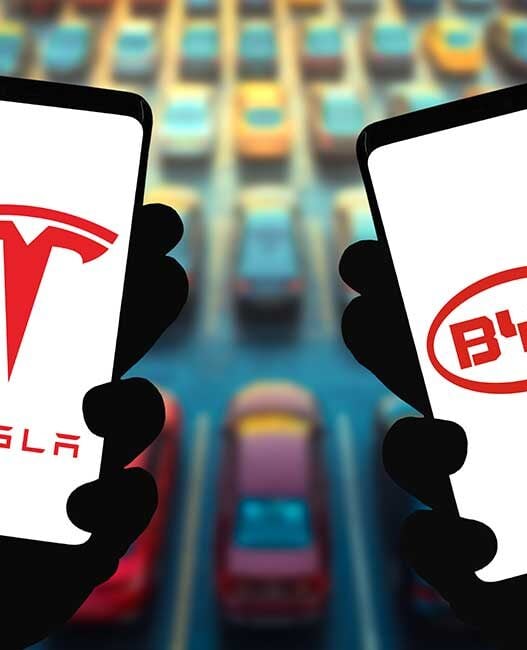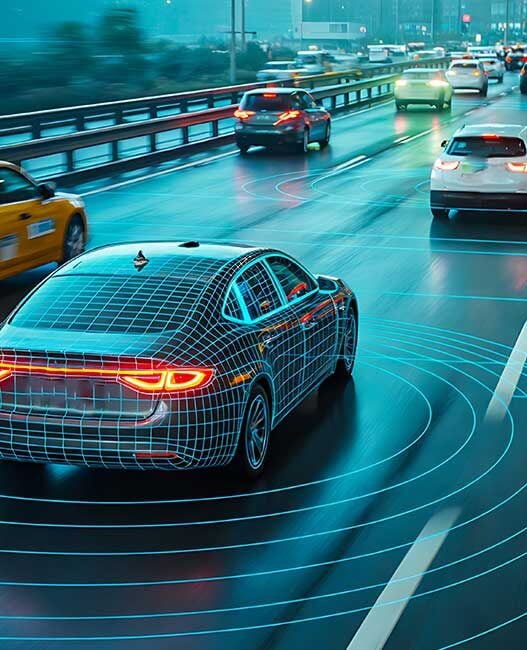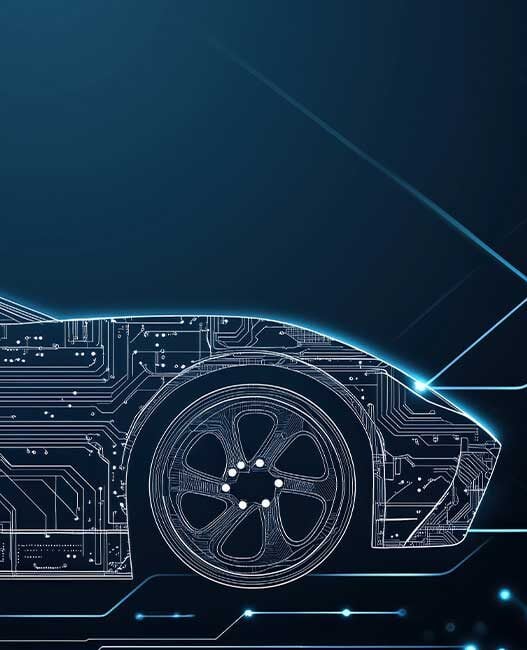The global meeting, which will bring together more than 6,000 professionals from 13 to 15 February, has analysed the technological, regulatory and infrastructure challenges facing the industry to advance toward the long-awaited decarbonisation.
The automotive sector was the focus of the first day of the event. The period between 2026 and 2027 will be the date that marks the turning point in electromobility in Europe. This is what Xavier Pujol, CEO of Reibus, defended at eMobility Expo World Congress 2024, the largest integrated, multi-specialist business platform for the mobility industry in Europe, which is being held from 13 to 15 February in Valencia.
Pujol revealed the keys to reducing the cost of electric vehicles and pointed out that, in three years’ time, “it will be easier to produce electric vehicles than internal combustion cars and the charging time will be significantly reduced.” For China this moment will come in 2025, while for the United States it will have to wait for the period between 2030 and 2033, “because they like large vehicles and this means more consumption and larger batteries.”
He also pointed out that in vehicles with a range of between 400 and 500km, “we will see our batteries increase to 60-70 kW/A in a 100% charge time of 5 to 10 minutes, which will mean that, in cities, people will prefer electric vehicles as their first choice.” To this should be added the reduction in battery costs, which he considers “possible” to reduce between 30% and 50%. “And in the case of electric motors, the cost reduction will be between 20% and 30%,” he says. For the near future, Pujol predicts that “we will see many more recycled materials in these electric motors, as well as a reduction in power to a range that is sufficient for drivers.”
In this regard, Inmaculada Domínguez, innovation director at Gestamp, shared how the transition from combustion to electric cars requires new architectures to respond to the different structural dynamics and needs of the market.
eMobility Expo World Congress has also put on the table how major automotive brands are working with new technologies based on Artificial Intelligence, IoT, digital twins or data spaces, among others, to boost the industry, especially with initiatives that start from scratch. “If you want to innovate, you don’t have to ask, you have to take risks and dedicate the most valuable resources you have,” said René González, CEO of Alhona.
The experts also highlighted the advantages of using these technologies, adaptability and resilience, and recommended applying planned processes that allow for mistakes as a method of growth, but are consolidated gradually. “You can’t do everything on the first day,” said Juan Carlos Villanueva, IT Manager of the Mercedes-Benz Vitoria plant.
The potential of data and connectivity in the vehicle industry was one of the key issues on the first day of the event. Laurianne Krid, Director-General at the Fédération Internationale de l’Automobile (FIA) Region I, said that achieving greater safety has been one of the main drivers of the shift to the connected car. However, “we are reaching a monopoly situation with Google and Apple and we need to innovate in terms of software.”
In this context, Camille Barré, director of transport and mobility at the ETRMA association, emphasised that “to achieve digitalisation we need to share data between all of us. After all, we all have the same objectives: sustainability and safety.” Along the same lines, Benjamin Krieger, secretary general of CLEPA -European Association of Automotive Suppliers-, argued that “what is expected is that there will be competition to lower prices, and to achieve this we need to open up access to data, we need to achieve transparency and organisation of this data to include third parties.” Adam Owens of General Motors (GM) said that data regulation “must be applied intelligently.”
In addition, the event showcased new electric vehicles from leading automotive companies such as Ford, Renault Trucks and Tesla, as well as autonomous driverless shuttles and buses, which could be tested in the eMobility Plaza.
The challenges of light vehicle fleet management
eMobility Expo World Congress has also analysed the transition to electric mobility faced by light vehicle fleet management. “When moving from combustion to electric vehicles, we must assess a CTO, i.e. the total cost of the transaction, to see that the investment will be worthwhile,” said Carlos Ruiz, CEO of Iberofleeting.
This is one of the fundamental challenges, as well as “customer acceptance and the desire to rent these vehicles,” said Leticia Lombraña, at Sixt Rent a Car, something that connects with the challenge of “educational work” among consumers. Teresa Romo, at Northgate, agrees with this need for “cultural change.” “In our company, the first thing we have done is for the sales network to experience electromobility firsthand. Employees were afraid and now they are the ones who are convinced and are an example of adaptation. If you want to make a step, do it yourself first,” she said.
As for the advantages of electrification, in addition to contributing to decarbonisation and being able to access limited areas, the main one is that “consumers perceive that they are betting on a better future by choosing an electric vehicle”, says Ruiz. However, there is still a long way to go before a solid infrastructure is in place to help consolidate this mobility. “In Spain we have around 27,000 recharging points when the vehicle fleet is 425,000. The forecast for 2023 was to have 80,000-100,000 charging points, but we are a long way off,” he added. Although the number of chargers is lower than planned, Romo advocated “not giving the message that we should wait for the network to develop, because then we will never get started”.



